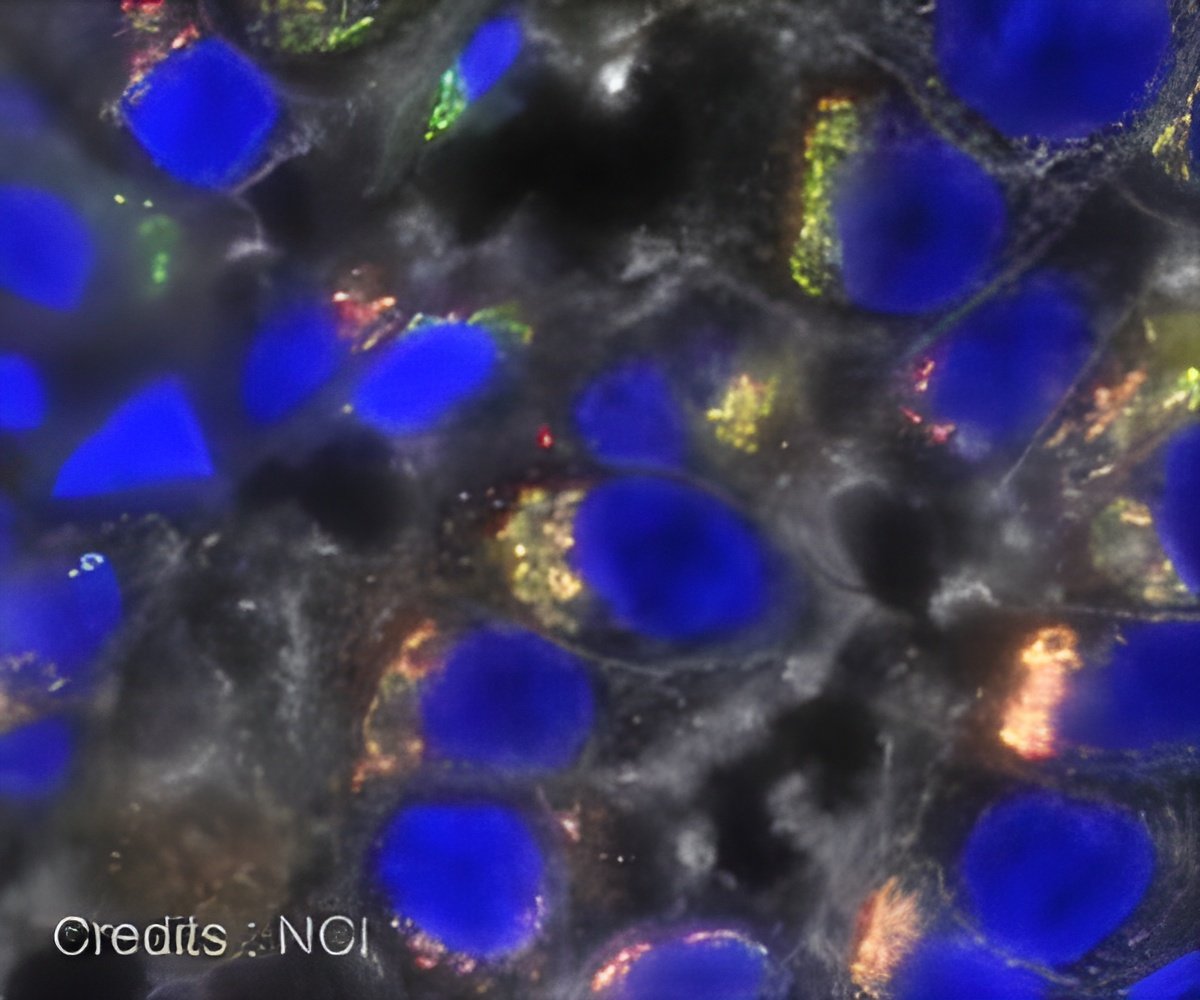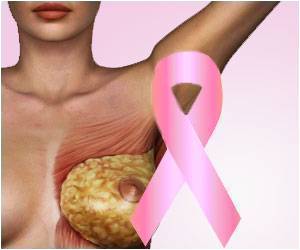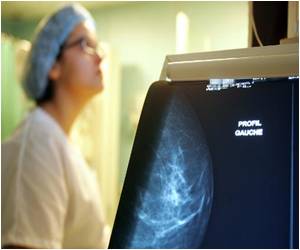In treating triple negative breast cancer, two new potential targets MCL1 and MYC genes have been identified, which are linked with chemotherapy resistance.

‘Drugs that inhibit the activity of MCL1 or MYC genes are being developed and combining these with the standard chemotherapy can slow or even prevent the development of chemotherapy resistance.’





Increased activity of two genes, MCL1 and MYC, is associated with the development of chemotherapy resistance. The increased action of these two genes boosts mitochondrial oxidative phosphorylation, which promotes the growth of chemotherapy-resistant cancer stem cells, the research showed."Alterations in these two genes are easily detectable with tumor gene tests in current use. Combinations of drugs that inhibit MCL1 or MYC, or both, have the potential to reduce the development of chemotherapy resistance and should be studied in clinical trials," said Dr. Arteaga, Professor of Internal Medicine at UT Southwestern Medical Center. Dr. Arteaga holds The Lisa K. Simmons Distinguished Chair in Comprehensive Oncology.
Most breast cancers can be treated with hormone therapy, but about 15 percent of cases are triple negative breast cancer, meaning the cancer cells are not influenced by hormones like estrogen or progesterone.
These triple negative breast cancers must, therefore, be treated with chemotherapy, which is toxic to healthy cells as well as cancer cells.
Furthermore, most triple negative breast cancers eventually become resistant to chemotherapy and the cancer then spreads unchecked.
Advertisement
Advertisement















